CEO Trista Engel and COO Jessica Markowitz discuss putting people first and the virtuous cycles this creates.
The female entrepreneurs who head up Paragon, a corporate counsel on-demand company, want to do law in a different way.
Trista Engel, the Chief Executive Officer, and Jessica Markowitz, the President and Chief Operating Officer, recognize that a traditional law career — with its long hours and all-consuming demands — might not be for everyone.
They also know there’s a wealth of talented lawyers out there who want to do meaningful work — but still have room in their lives for family, creative projects, travel, or any number of fulfilling pursuits.
Recently, Trista and Jessica sat down with Above the Law to talk about their vision for the company, their female partnership, and a challenging year. (The interview has been edited for length and clarity.)

Trista Engel, Chief Executive Officer.
ATL: Paragon was founded by a lawyer looking for balance in her own life and career. Would you call this a unifying vision at your company — seeking a career with flexibility? How has this shaped Paragon’s team and culture?
Trista: The desire for balance, flexibility, and autonomy is definitely a unifying vision at Paragon. It’s part of the company’s DNA, and for many people, it’s what drives them to join Paragon.
Something that’s really important and unique about Paragon is that it began as a way to create opportunities for attorneys who are looking for a non-traditional way to practice law, where they can do challenging work that they’re really good at while also having flexibility and balance in their lives. And it holds for clients as well – we’re helping support their workflow so they, too, can have balance in their lives. For both sides, we help you find a way of working that works for you.
And it’s fundamental to Paragon culture — putting people first – attorneys and clients — treating everyone as individuals, making sure they’re happy and feel supported. We pride ourselves on providing the best client experience and attorney experience. When our attorneys are happy and they’re treated well, they do good work that leads to happy clients. It’s a nice, virtuous cycle.

Jessica Markowitz, President and Chief Operating Officer.
Jessica: And it’s also about our attorney team taking a little bit more control of their careers. So it may be that someone wants to work 20 hours a week or it may be that they want to do short-term projects and then travel for a few months. It’s that freedom to pursue other interests that makes you whole.
For example, we’ve had a documentary filmmaker on our team, several people who write children’s books, one who opened a kickboxing studio — all while being a lawyer for big-name clients. So whether it’s taking care of kids or parents or pursuing other interests, we offer flexibility and balance, not just in hours, but in how people want their careers to develop and continue.
Trista: There is a desire for balance and flexibility in every career, in every industry. The notion of balance, flexibility, and autonomy in your work life is something that the practice of law hasn’t traditionally provided.
This is an alternative avenue for folks who are really experienced, great lawyers, great at their job, but who want a different way of doing things.
The founder of Paragon used to say she started the company so she could stay a lawyer. One of the tragic side effects of the traditional law career has been that if you decide you want balance and flexibility, it’s harder to find the right fit and that can mean making a choice between law and your life outside of law. The beauty of Paragon is that we’re providing this flexibility and optionality not only to our own attorneys, but also to our clients who bring us on to support their teams.
We’re helping great lawyers love the practice of law, because they don’t have to choose.
ATL: As relatively new leaders of a company, you were given a big task with the events of 2020, pandemic, etc. How were you able to keep your eye on Paragon’s culture and make sure to continue to manage in the same way with all the challenges we all faced last year?
Jessica: I don’t think we managed in the same way, to be perfectly honest. We had to do more because there was so much uncertainty.
We had to communicate more, we had to move faster. We had to make changes internally and have a heightened awareness of our team and our people.
It was a huge task, and it doesn’t feel exactly over. It feels less intense right now.
Through it all, our culture and our values helped us stay focused. We made a lot of tough decisions in 2020, but we made them within the framework of putting our team first. I wouldn’t say it made it easy, but it helped.
Trista: When I look back at 2020, we had a strong year operationally, all things considered, but I think the thing that I’m the most proud of is the fact that we really did live by our values.
We did everything we could to keep people employed and maintain people’s health insurance and incomes. And we did everything we could to make sure we weren’t leaving our clients in the lurch if they were going through tough times. Those things didn’t generate revenue for the business, but they were the right thing to do.
ATL: You state on your website your team is 40 percent people of color and over 50 percent female. Please talk about diversity at your company and in general, as a value, and as a business advantage.
Trista: Diversity is a core value of our business. We focus on it and we value it because it’s good for society. We also think it makes really good business sense.
There’s no question that having different perspectives at the table helps us make better decisions. Internally, we’ve seen firsthand how different perspectives give you different vantage points and lead to innovation and more robust and valuable discussions. So there is a very real business advantage to bringing different perspectives to the table and pushing the company to be the best it can be.
We’re very proud of the diversity of Paragon, but we also know there’s more work to do.
Jessica: One of the cool things too, is that we get to provide that diversity to other businesses. We place attorneys on projects in the legal departments of companies. When we hire really strong, diverse talent for our team, we’re also providing access to that really strong, diverse talent for our clients.
ATL: Your path is clearly unique. You both have backgrounds in finance, a field even more dominated by men than law. What was it like being female entrepreneurs in that world? And how did you come to Paragon?
Trista: Before we even encountered Paragon, Jessica and I had similar desires for our careers as many of our attorneys do. We were both on traditional career paths, but we wanted more balance in our lives and control over our own destiny.
We wanted to join a really strong business with a great culture and a lot of potential, and one where our business backgrounds could really add value so we could take the company to the next level. When we met [Paragon founder] Mae [O’Malley], we just really liked each other and shared the same fundamental values, and it all just clicked.
Jessica: When Trista and I were raising money to acquire Paragon, it never occurred to us that there were so few women who tried to do something like this. We started to realize that we were an anomaly.
People asked us why we thought we were going to succeed when no other women had before us. When you’re paving a new path, there is pressure to be successful because you want other underrepresented groups to follow your path. The only women end up representing all women.
And when you don’t see anyone who looks like you who has done it, you worry that if you fail, a lot of people will assume it was because you’re a woman or because you’re X, Y, or Z. So that pressure to be successful has motivated me. I want to make Paragon successful because people are watching us.
In terms of the business background, I think that’s critically important for the work that we do as we look to achieve success, however we define it for ourselves. To have that business mindset is a plus because we don’t practice law in our day-to-day on the Paragon leadership team, we are running a business and that requires understanding how to manage people and processes in a way that will move the needle. It’s a different skill set that we bring, but we can’t do this in a vacuum so about half of our leadership team is attorneys.
After 2020, which was sort of this weird lost year for everyone, we’re energized for the future. It’s exciting to find something that fits your culture and your values and also has a lot of growth potential, and we’re really excited for 2021.




